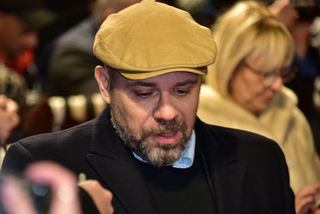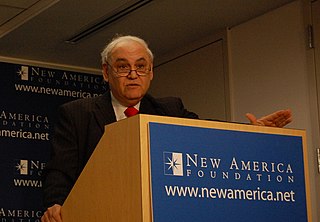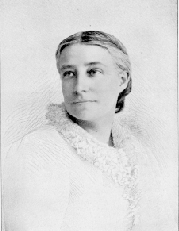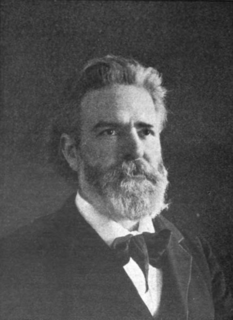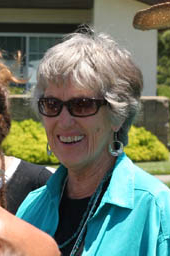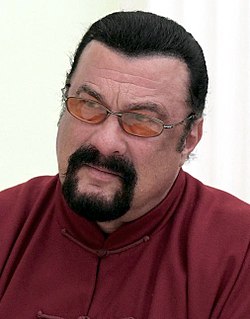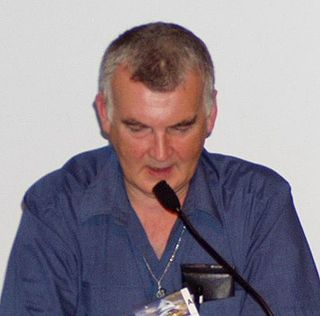Top 1200 Moral Action Quotes & Sayings - Page 3
Explore popular Moral Action quotes.
Last updated on November 15, 2024.
Unchaste abandon and the self-surrender of the soul to the world of sensuality paralyzes the primordial powers of the moral person: the ability to perceive, in silence, the call of reality, and to make, in the retreat of this silence, the decision appropriate to the concrete situation of concrete action.
As you begin to take action toward the fulfillment of your goals and dreams, you must realize that not every action will be perfect. Not every action will produce the desired result. Not every action will work. Making mistakes, getting it almost right, and experimenting to see what happens are all part of the process of eventually getting it right.
Legality alone is no guide for a moral people. There are many things in this world that have been, or are, legal but clearly immoral. Slavery was legal. Did that make it moral? South Africa’s apartheid, Nazi persecution of Jews, and Stalinist and Maoist purges were all legal, but did that make them moral?
As a consumer, I love action movies and have a lot of opinions about how action comedies don't really do justice to what I find exciting about an action movie, which is the genuine thrill of watching something that feels really high-stakes. A lot of times, it's played for laughs and action, which waters down the sense of danger.
Ideas are powerful things, requiring not a studious contemplation but an action, even if it is only an inner action. Their acquisition obligates each man in some way to change his life, even if it is only his inner life. They demand to be stood for. They dictate where a man must concentrate his vision. They determine his moral and intellectual priorities. They provide him with allies and make him enemies. In short, ideas impose an interest in their ultimate fate which goes far beyond the realm of the merely reasonable.
Scandal is great entertainment because it allows people to feel contempt, a moral emotion that gives feelings of moral superiority while asking nothing in return. With contempt you don't need to right the wrong (as with anger) or flee the scene (as with fear or disgust). And the best of all, contempt is made to share. Stories about the moral failings of others are among the most common kinds of gossip, they are a stable of talk radio, and they offer a ready way for people to show that they share a common moral orientation.
I'm not saying that atheists can't act morally or have moral knowledge. But when I ascribe virtue to an atheist, it's as a theist who sees the atheist as conforming to objective moral values. The atheist, by contrast, has no such basis for morality. And yet all moral judgments require a basis for morality, some standard of right and wrong.
A very tall man once asked a question after my talk. Before beginning his question, he explained that the reason he was standing up is not to be intimidating but rather to make eye contact. His question was essentially "are we really interested in moral motives? Isn't it all about action?". I pointed out to him that it was not enough for him to do the right thing - stand up - but he also wanted me to know that he is doing it from the right motive or for the right reason - to make eye contact, rather than to be intimidating. Voila, moral psychology.
A tension has always existed between the capitalist imperative to maximize efficiency at any cost and the moral imperatives of culture, which historically have served as a counterweight to the moral blindness of the market. This is another example of the cultural contradictions of capitalism - the tendency over time for the economic impulse to erode the moral underpinnings of society. Mercy toward the animals in our care is one such casualty.
Why is it immoral for you to desire, but moral for others to do so? Why is it immoral to produce a value and keep it, but moral to give it away? And if it is not moral for you to keep a value, why is it moral for others to accept it? If you are selfless and virtuous when you give it, are they not selfish and vicious when they take it?
The foundation of leadership is your own moral compass. I think the best quality leaders really know where their moral compass is. They get it out when they are making decisions. It's their guide. But not only do you have to have a moral compass and take it out of your pocket, it has to have a true north.







